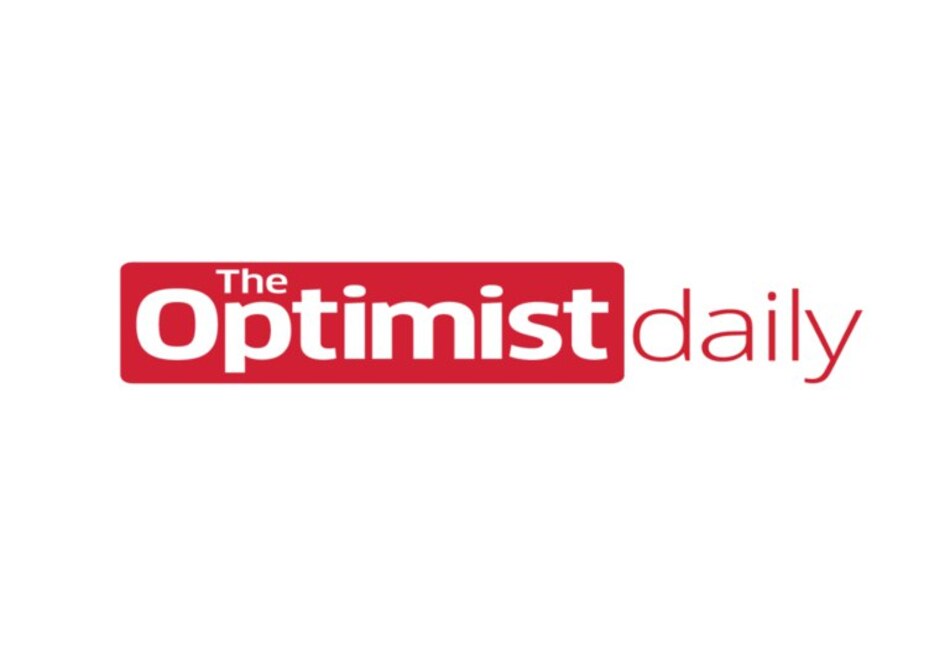Minks, foxes, weasels, and other furry friends can breathe a collective sigh of relief—Ireland is to go ahead with its fur farming ban, which will be enforced in 2022. This makes Ireland the 15th European country to do so.
Ruth Coppinger, a politician from the People Before Profit/Solidarity party first introduced the Prohibition of Fur Farming Bill in 2019, which the Cabinet has recently approved, along with establishing a compensation scheme to provide for fur farmers during the transitional stage, which is estimated to be between €4 million and €8 million, as reported by TheJournal.ie.
Only three fur farms in Ireland have been active since 2014, however, all three farms are factory-scale operations that produce more than 110,000 pelts annually. All Irish political parties (apart from Fine Gael) stand behind the new legislation, which will make it illegal for any new fur farms to be established, and surveys show that around 80 percent of citizens are in favor as well.
“There has been considerable international and societal debate about fur farming,” said Michael Creed, Minister for Agriculture, Food, and the Marine. “It is clear that there has been a shift in societal expectations in relation to the sector.”
That said, there is another factor on top of concerns for animal welfare and the unethical nature of the fur farming industry that has hastened the ban. At the end of 2020, Chief Medical Officer Dr. Tony Holohan advised national mink culling because of the connections between European fur farms and Covid-19 outbreaks.
The Dutch government decided to expedite its mink farming ban in 2020 as well after more than 40 fur farms were infected with Covid-19. Estonia, France, and Hungary have all followed suit in specifically banning mink farming in response to the risk of an outbreak.











